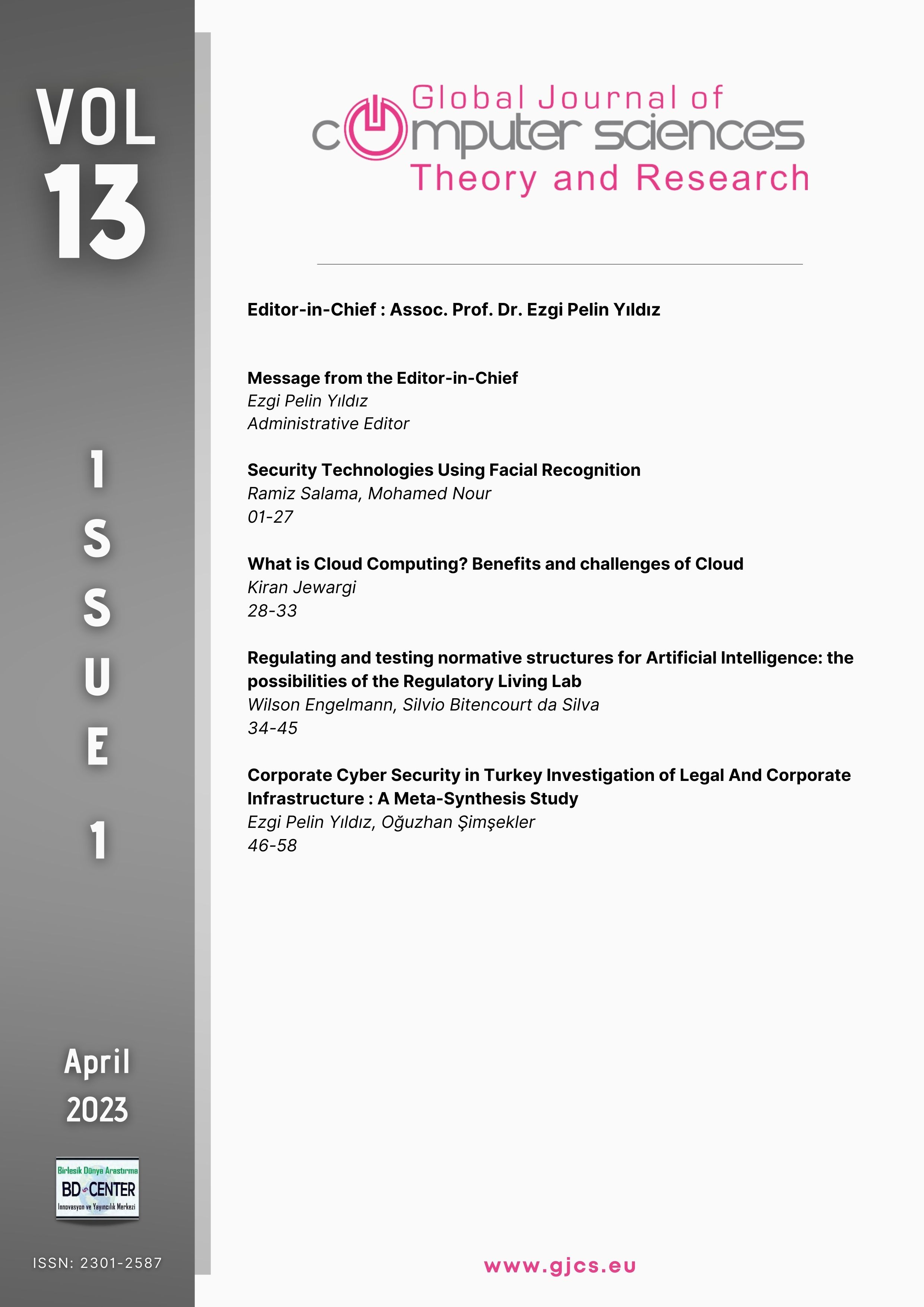Regulating and Testing Normative Structures for Artificial Intelligence: The Possibilities of the Regulatory Living Lab
Main Article Content
Abstract
Abstract: This qualitative and exploratory study sought to understand how the Living Lab approach can serve as an innovative alternative to test a regulatory structure organized by principles for Artificial Intelligence (AI). The main research problem is: what would be the structuring elements of a non-legislative regulatory model that could standardize the advances in Artificial Intelligence? The units of analysis were the developments and commercialized innovative AI applications of startups from an incubator that integrates an internationally renowned technological park in Brazil. Entrepreneur perceptions of the dimensions of the Living Lab approach are described, analyzed, and compared (i.e. the interaction between multiple stakeholders, co-creation of value, user-centered research, solving real-world problems, and adopting multiple methodologies). The findings suggest that the Living Lab approach is an alternative for creating and developing innovations and applications in AI, with the active involvement of end-users while facing existing regulations and testing environments for new regulations - principles published by the European Union and OECD. An important observation that emerged from the study: the advances in Artificial Intelligence have occurred on an increasing scale, very close to exponentiality. For this reason, the need and importance of spreading the regulatory importance of these “what should be” principles, is very similar to those of the rules produced by state legislative action. In this exploratory study, it became evident that entrepreneurs feel there is a lack of clear regulatory mechanisms. The role of the Law in the creative proposition of regulatory models should be based on globally accepted principles, such as those published by the European Union and the OECD.
Downloads
Article Details

This work is licensed under a Creative Commons Attribution 4.0 International License.
Global Journal of Computer Sciences: Theory and Research is an Open Access Journal. All articles can be downloaded free of charge. Articles published in the Journal are Open-Access articles distributed under CC-BY license [Attribution 4.0 International (CC BY 4.0)]
Birlesik Dunya Yenilik Arastirma ve Yayincilik Merkezi (BD-Center) is a gold open access publisher. At the point of publication, all articles from our portfolio of journals are immediately and permanently accessible online free of charge. BD-Center articles are published under the CC-BY license [Attribution 4.0 International (CC BY 4.0)], which permits unrestricted use, distribution, and reproduction in any medium, provided the original authors and the source are credited.
